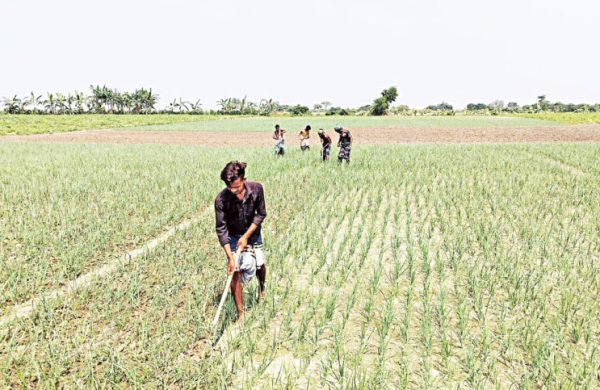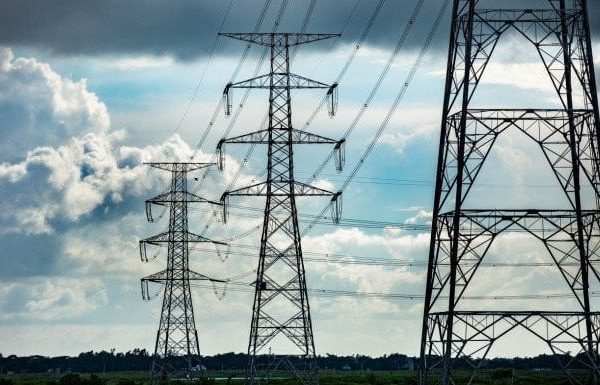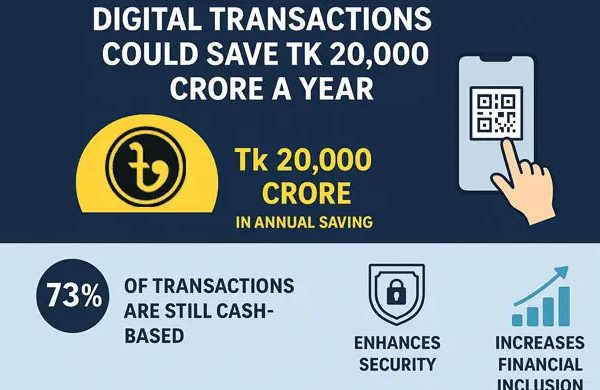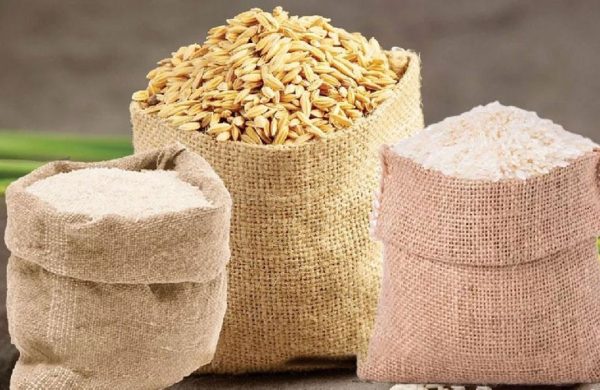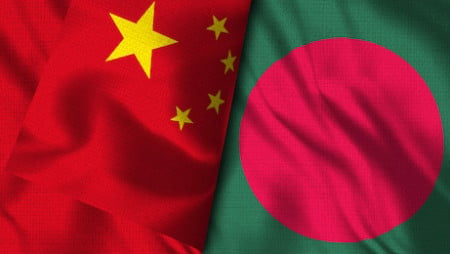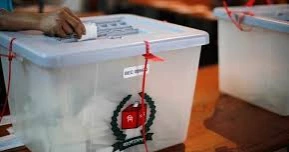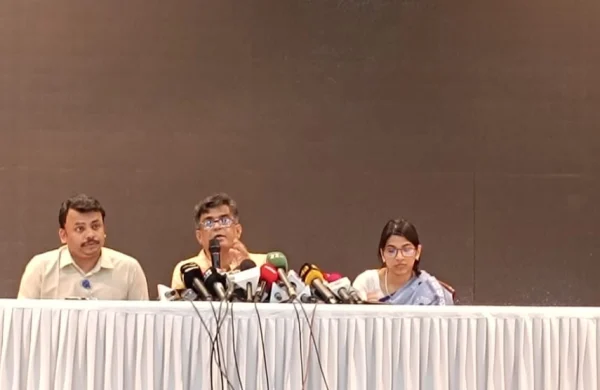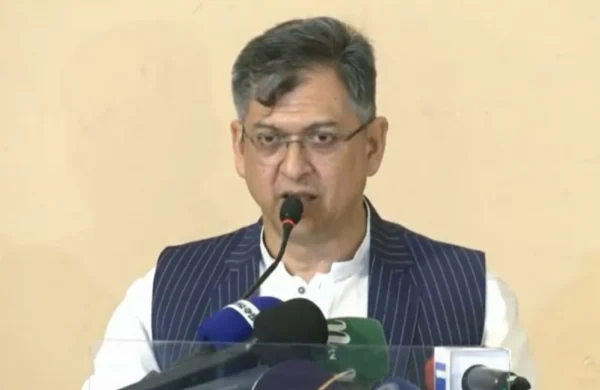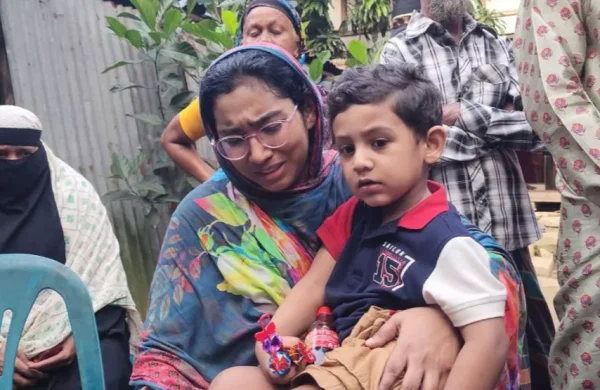Businesses worried as interest rates keep rising
- Update Time : Thursday, October 24, 2024
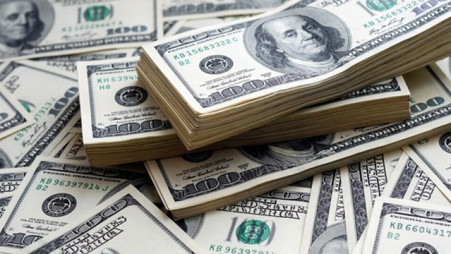
TDS Desk:
The Bangladesh Bank has taken initiatives, including raising the policy interest rate, to restrict the flow of money in the market to tame inflation that has been raging the country’s economy for the last couple of years.
While the measures are necessary to ease the inflationary pressure, it has been driving up the cost of doing business, making it difficult or untenable for the entrepreneurs to make new investments or expand old operations.
The policy interest rate has been increased five times this year, hiking the cost of loans for consumers and decreasing credit flow in the private sector.
A year ago, the maximum interest rate on bank loans was 9%, which currently hovers around 16%. The average loan interest rate across all banks is also steadily increasing. According to the Bangladesh Bank data, the average bank loan interest rate was 7.83% in September last year, which rose to 11.57% by August this year.
One of the primary policy interest rates in the country is the Repurchase Agreement or Repo Rate – the rate at which the Bangladesh Bank provides short-term loans to commercial banks.
On Tuesday, the repo rate was increased by 50 basis points, bringing it to 10%. Just a month earlier, on 24 September, it was raised to 9.50%. On 25 August, it was increased by 50 basis points to 9%.
Earlier, on 8 May this year, the repo rate was hiked by 50 basis points, and on 17 January, it was raised by 25 basis points. The rise in policy interest rates is directly reflected in higher loan interest rates at the consumer level.
Business owners are getting increasingly concerned about the continuous rise in interest rates. They point out that this has been adding to their cost of operation, which already soared under the recently ousted fascist regime as the autocratic Awami League increased the prices of gas and electricity repeatedly. At the same time, entrepreneurs also had to increase workers’ wages and benefits, without which they could not cope up with the skyrocketing commodity prices.
However, global prices of export products, including ready-made garments, have not increased proportionately. In such circumstances, further increases in interest rates will make it difficult for businesses to repay loans, leading many to become defaulters.
Mohammad Hatem, president of Bangladesh Knitwear Manufacturers and Exporters Association (BKMEA), told that, “If interest rates continue to rise like this, investments will come to a halt. Those who previously took loans at 8% to 9% interest will struggle under the burden of debt and become defaulters. Simply put, an increase in interest rates means strangling businesses to death.”
Shams Mahmud, president of the Bangladesh-Thai Chamber of Commerce and Industry, said, “We always want to take some policies to tame inflation. Business costs will drop if inflation is under control. However, interest rates continue to rise, almost halting business expansion and putting the ongoing operations under pressure. If this situation persists, it will negatively affect the overall stability of the macroeconomy.”
A number of SME entrepreneurs told that they do not stand a chance of surviving with loans at 15% or 16% interest. Besides, access to fair credit is becoming difficult. Industries are also struggling with gas and electricity shortages. In such an adverse reality, the industrial sector cannot bear any additional crises.
Inflation in the country has hovered around 10% for over two years, and economists don’t expect it to decrease soon. In July, inflation reached 11.66%, which slightly decreased to 10.49% in August, 9.92% in September, according to the Bangladesh Bureau of Statistics.
To tackle inflation, the central bank has lowered the private sector credit growth target for the July-December period of FY25 to 9.8%, down from January-June’s 10%. The Bangladesh Bank’s latest data showed that the growth dropped to 9.86% in August from 10.13% in July.
Husne Ara Shikha, spokesperson and executive director of the Bangladesh Bank, said, “There is no alternative to increasing policy interest rates to control inflation. The rising interest rates may increase business costs, but the rates will be reduced once inflation declines.
She also said, “When global interest rates were rising, we couldn’t adjust ours for various reasons. Now, even though those countries are cutting their rates, we are unable to do so.”
Analysts said Bangladesh’s situation is somewhat different in this regard. Despite global interest rate hikes, Bangladesh capped lending rates at 9%. Similarly, the dollar exchange rate was kept artificially fixed at Tk85 for a long time. These flawed policies have caused significant damage to the economy.
Dr Khondaker Golam Moazzem, research director at the Centre for Policy Dialogue (CPD), said, “We cannot compare our economy with others’. The decision to increase interest rates is appropriate for now, given the current liquidity crisis and the lack of significant investment demand.
“Additionally, many loans are not being repaid on time. Injecting more liquidity into the system without sufficient demand will only increase inflation, as one of the primary drivers of inflation is excessive money supply. Therefore, keeping money supply restricted will gradually bring down inflation.”
AVERAGE LOAN INTEREST
According to the Bangladesh Bank, the average bank loan interest rate was 7.83% in September 2023. In October, November and December that year, that rate was 7.89%, 7.99% and 9.36% respectively. In January this year, the rate was still at single digit – 9.75%.
In February it crossed double digit and stood 10.05%. After that, in March, April, May, June and July the rate was 10.36%, 10.53%, 10.36%, 11.28% and 11.52% respectively. In August bank loan interest rate increased to 11.57%.
Bankers reveal that despite criticisms, the maximum lending rate was capped at 9% from April 2020 to June 2022. During this period, some businesses secured loans at 7% to 8% interest, while deposit rates ranged between 2% to 6%.
However, inflation began to rise in early 2022, driven by increased demand in the post-COVID global economy and the Russia-Ukraine war. In response, most countries raised their interest rates in phases.
Typically, investments in dollars yield 2%-3% interest in developed countries, but due to the global situation, US interest rates surged past 9%. In comparison, Bangladesh’s average lending rate in September last year was 7.83%, making the dollar more attractive than the taka. Consequently, many investors shifted their funds to dollars.
During this time, oversight and regulatory measures in Bangladesh were weak. Some borrowers took advantage of the low-interest loans to illegally transfer money abroad, but there was little accountability. This dual pressure—capital outflow to foreign currencies and a shortage of both taka and dollars—placed significant strain on the economy.
POLICY RATES IN OTHER COUNTRIES
Bangladesh is raising interest rates at a time when countries like the US, Canada, the UK, and China are lowering their due to easing inflation. On 18 September, the US Federal Reserve cut its policy interest rate by 50 basis points, bringing it within the range of 4.75% to 5%. The European Central Bank also reduced its rate by 25 basis points.
Canada’s central bank has already reduced rates three times this year, and the Bank of England recently lowered its interest rate from 5.25% percent to 5%. Over the past two years, many countries raised their policy rates to tackle inflation and succeeded in doing so, thanks to stable demand and supply management.


